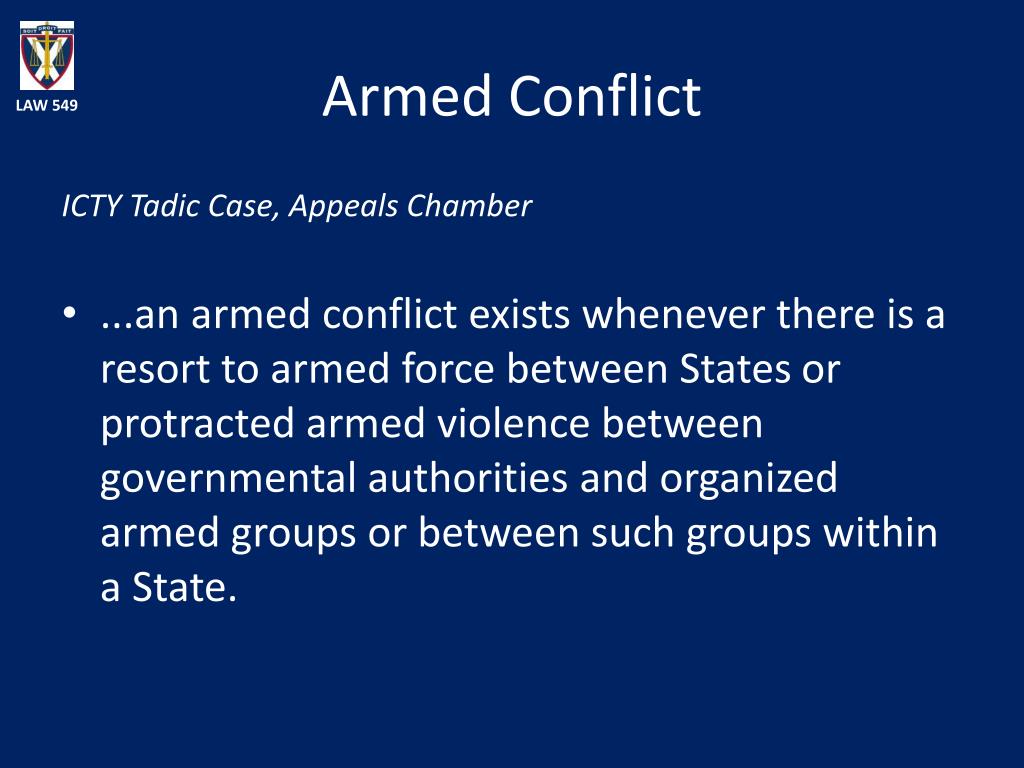
According to press reports a ceasefire brokered by the United States and other countries held for barely a few minutes last Tuesday, while a redoubled effort on Wednesday held only in some areas. Further considerations of substantive aspects of a single law of armed conflict will be essential in the development of greater humanitarian protection during internationalized armed conflict.The power struggle between two Sudanese generals that erupted in fighting between their forces last Saturday is into its sixth day with little sign of abating. Moreover, the international/non-international dichotomy in international humanitarian law has proved susceptible to incredible political manipulation, often at the expense of humanitarian protection. Even once internationalized, it is difficult to determine the applicable law as relationships and military presences change. It concludes that the law developed to determine this “internationalization” has created convoluted tests that in practice are near impossible to apply. This article revives those calls by highlighting the inadequacies of the current dichotomy’s treatment of internationalized armed conflicts, namely, armed conflicts that involve internal and international elements.

Even though attempts to abandon the distinction were made at every stage of negotiation of the Geneva Conventions and their Protocols, calls for a single body of international humanitarian law have since died out. The strict division of international humanitarian law into rules applicable in international armed conflict and those relevant to armed conflicts not of an international nature is almost universally criticized.


 0 kommentar(er)
0 kommentar(er)
